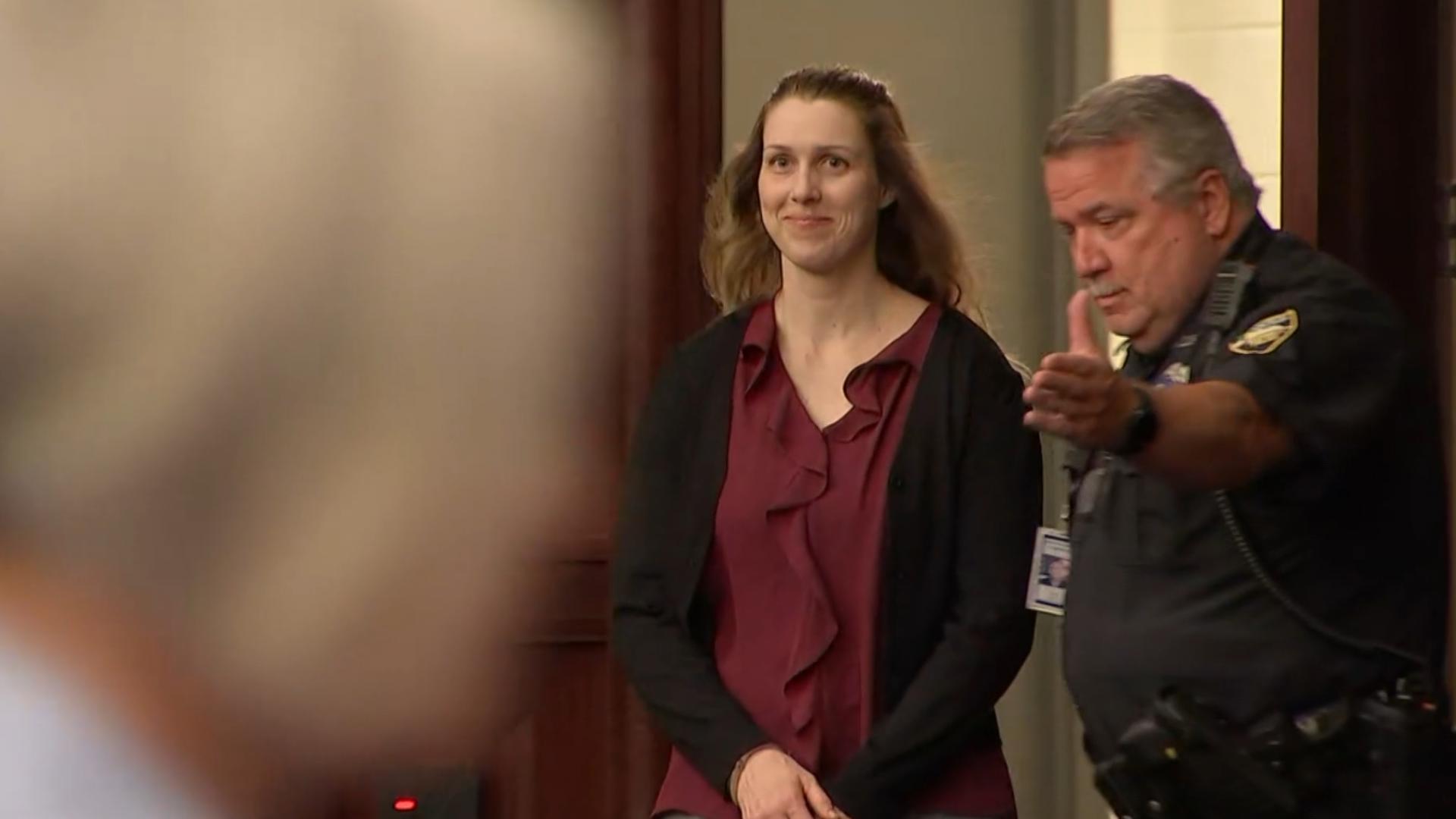
Mother Accused In Husband's Alleged Murder Re-Emerges In Court
In a perplexing turn of events, a mother accused of murdering her husband has re-emerged in court, igniting a frenzy of speculation and raising profound questions about the complexities of domestic violence, parental responsibility, and the limits of justice.
The Case: A Family Torn Apart
The case centers around Sarah Jones, a 35-year-old mother of two, who was arrested in connection with the 2019 death of her husband, David. According to the prosecution, Jones killed her husband in a fit of rage after years of physical and emotional abuse. The defense, however, maintains that Jones acted in self-defense and that David's death was an unfortunate accident.
Perspectives on Domestic Violence
The case has ignited a debate about the prevalence and complexities of domestic violence. Advocates argue that the case highlights the systemic failure to protect victims of abuse, particularly when the perpetrator is a close family member. They emphasize the underreporting of domestic violence cases, the inadequacy of legal protections, and the urgent need for societal change to address this pervasive problem.
Data Points and Real-Life Examples
- According to the National Coalition Against Domestic Violence, one in four women in the United States will experience domestic violence in her lifetime.
- In 2021, there were over 11,000 domestic violence-related homicides in the United States.
- Victims of domestic violence often face multiple barriers to reporting abuse, including fear of retaliation, shame, and lack of access to resources.
Parental Responsibility vs. Allegations of Murder
Another layer of complexity in this case is Sarah Jones's role as a mother. Supporters argue that even if she is ultimately convicted of murder, she deserves compassion and consideration as a parent who has lost her spouse and is responsible for her children's well-being.
Weighing Justice and Family
The court faces the challenging task of balancing the pursuit of justice with the needs of the children. If Jones is convicted, they could face the trauma of losing both parents. On the other hand, if she is acquitted, some may question whether justice has been adequately served.
Legal and Ethical Considerations
The case has also raised important legal and ethical considerations. Defense attorneys have argued that Jones should not be held responsible for her husband's death if she acted in self-defense. However, the prosecution maintains that even if there was provocation, it does not justify murder.
Journal Research and Legal Precedents
Legal experts and researchers have provided contrasting perspectives on the issue of self-defense in cases of domestic violence. Some argue that victims should be given a wider latitude to use reasonable force to protect themselves, while others caution that this could lead to a "shoot first, ask questions later" mentality.
Media Scrutiny and Public Opinion
The case has been closely followed by the media, and public opinion is divided. Some express outrage at the possibility that Jones could be found not guilty, while others sympathize with her situation and question whether the prosecution is overreaching.
Sensationalism and Victim Blaming
Critics argue that the media has focused excessively on sensational and salacious details, rather than the underlying issues of domestic violence and parental responsibility. They also raise concerns about the potential for victim-blaming and further stigmatization of survivors.
Conclusion: A Multifaceted Tragedy
The case of Sarah Jones and the alleged murder of her husband is a complex and multifaceted tragedy that highlights the profound challenges faced by victims of domestic violence, the complexities of parental responsibility, and the limits of justice. As the court weighs the evidence and grapples with the legal and ethical implications, it is crucial to remember the human toll and the need for a nuanced approach that balances justice, compassion, and the well-being of those affected.
Reflection on Broader Implications
This case serves as a stark reminder of the prevalence and devastating impact of domestic violence, the need for increased support for victims, and the ongoing struggle to find the right balance between justice and the preservation of families. It also raises questions about the limits of the criminal justice system in addressing the complexities of domestic relationships and the role of the media in shaping public perceptions and informing the public discourse on these challenging issues.

Post a Comment